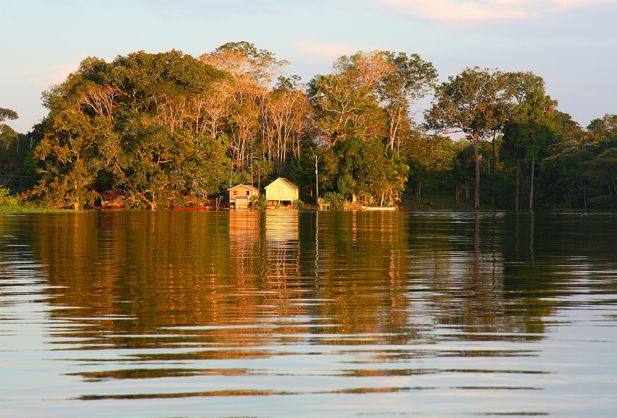Human Rights Protection of Environmentally Displaced Persons in Latin America: The Brazilian Case
- Location
- 118 Muirhead Tower
- Dates
- Wednesday 13 November 2024 (12:00-13:30)
 Brazil flooding
Brazil flooding
Professor Andrea Pacheco Pacifico will be visiting campus to dliver this hybrid lecture on a recent paper.
This paper highlights the causes and consequences of the drowning of five neighbourhoods of Maceio, capital of the state of Alagoas, in the Northeast of Brazil, characterising the affected inhabitants as internally displaced people (IDPs), giving them international visibility, and trying to make the Brazilian government responsibility for their protection. Maceio is the fifth most populated city of the Brazilian Northeast, with more than 1,031,597 people (IBGE, 2022) and Braskem is the biggest Latin American salt and chlorine industry. The process of extracting salt from the soil caused craters, affecting the local environment and residents, for instance, quakes and cracks on roads and houses. It has led to socio, economic, cultural, environmental, and legal consequences in the city and its surroundings. According to the 2020 National Geological Service report, some mines caused land destabilisation and underground caves, with a risk of collapsing. The disaster has caused environmental degradation, more than 60,000 IDPs from five neighbourhoods, and loss of historical, material, and cultural heritage. However, in Brazil, IDPs are invisible, without laws or public policies to recognise and protect them. This paper identifies structural, environmental, emotional, financial, socio-economic, cultural, and legal consequences of the disaster, living IDPs without assistance from the government and without recognition of guilt from Braskem. The research was based on qualitative and quantitative methodologies applying historical and inductive method, so that other IDPs from anthropic disasters, in Brazil and abroad, may be recognised as well as protected.
Professor Dr. Andrea Pacheco Pacifico is an associate professor of International Relations at Paraiba State University, where she has been founding coordinator of the Study and Research Centre on Environmentally Displaced Persons (NEPDA) and De Mello Chair coordinator. She has been funded researcher of the Brazilian Research Council (CNPq) and of the Research Foundation of Paraiba (FAPESQ). She has been Senior Research Affiliate of the University of London Refugee Law Initiative, and full collaborator researcher at the Graduate Programme in Comparative Studies on the Americas, at the University of Brasilia. She has published books, chapter books, and articles on environmentally displaced persons for more than ten years.
The event is hosted by Cities, Regions and Mobility research group and the Institute for Research into Superdiversity (IRiS)